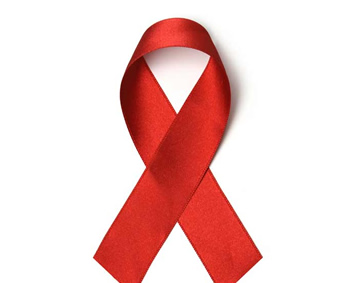Coalition reiterates commitment to fight against HIV stigmatization
 Mr Victor Attah Ntumi, Chairman of the Civil Society Forum, a group of organisations that are active players in HIV and AIDS education, has expressed commitment to the fight against HIV stigmatisation in the country.
Mr Victor Attah Ntumi, Chairman of the Civil Society Forum, a group of organisations that are active players in HIV and AIDS education, has expressed commitment to the fight against HIV stigmatisation in the country.
He said stigmatisation and discrimination, which remained major challenges in the prevention of HIV, had affected efforts to prevent the spread of the disease as victims shy away from accessing interventions.
Mr Attah Ntumi made the pledge in an interview with the Ghana News Agency (GNA) at the second quarterly meeting of the Civil Society Organisation Forum and Capacity Building Clinic in Accra.
The meeting, which was funded by CSO FORUM and PEPFAR Ghana, sought to build synergies among Civil Society Organisation’s well build their capacities to ensure that efforts at reducing the menace caused by the pandemic were achieved.
Mr Attah Ntumi noted that it was also appropriate to hold government accountable in the area of counterpart funding, as Ghana still had treatment gaps.
He explained that Ghana had now rolled on to the ‘treat all policy’ “and so we must step up measures and mobilise resources because the policy indicates that anybody that is diagnosed HIV positive will have to get free access to treatment”.
The Chairman said in this regard Ghana would need more resources to procure HIV commodities to be able to give comprehensive care.
He said both the Global and the PEPFAR Funds required Ghana to provide counterpart funding, as such, it was imperative of for Ghana to be in the lead “helping ourselves, before asking for donor support”.
Mr Attah Ntumi, who is also the President of Ghana HIV and AIDS Network (GHANET), said after the meeting there would be policy dialogue meetings where they would gather all the information from partners and CSOs.
He said these concerns would tease out the key issues that were of national priority, and would therefore, organise a national policy dialogue to explain the issues to key government actors to ensure their commitment to the process.
Mrs Cecelia Senoo, Executive Director for Hope for Future Generations, told the GNA that reliable data had also been one of the challenges in HIV prevention, and this makes it difficult for the country to tell its own story.
She said data played a key role as far as developing a proposal or fund request for HIV prevention was concerned.
Mrs Senoo noted that all stakeholders must be committed in getting reliable data.
She called on CSOs to form a strong advocacy group and identify the issues that affected the country, particularly concerning tuberculosis, HIV and malaria.
Networks in Ghana had recognised the composite dynamics driving stigma, discrimination and violence against key population groups (KPs) that negatively affects HIV service delivery hence the need to form a CSOs Forum.
The consortium was formed to focus on these dynamics to support effective service delivery, increase HIV testing, improve linkage to HIV prevention and treatment services and to mitigate the HIV epidemic amongst these populations with the goal of contributing to an AIDS free generation.
Source: GNA
